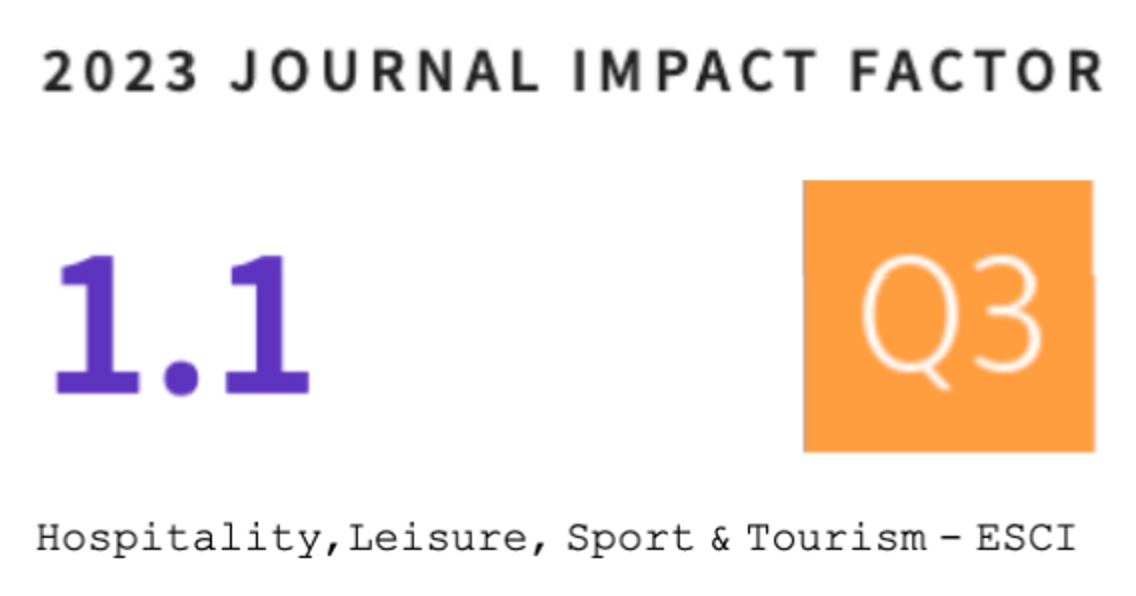Affectivity training in future trainers: the gender perspective
DOI:
https://doi.org/10.12800/ccd.v18i57.1905Abstract
Abstract
The aim of this research was to study the effect of mindfulness techniques (MT) on mood states (MS) in men and women who could potentially become sports trainers, taking into account the characteristics of their sport of provenance, sporting career and gender. The study design was quasi-experimental and there were 300 participants, all of whom were first-year students on the undergraduate degree in Physical Activity and Sports Sciences at the University of Girona, Spain. An initial MS training session was held, and then the participants completed two MT sessions and filled in the Profile of Mood States (POMS) questionnaire at the beginning and end of each session. The data were analysed using generalised estimating equations. The most significant findings were: a) athletes from psychomotor sports displayed an optimal iceberg profile in their MS for performance; b) in general, participants with a more advanced sporting career had a more satisfactory affective experience than those with a less advanced one; and c) men from opposition and psychomotor sports expressed a more positive affective experience than women. From these findings, it was possible to conclude that high competition environments need trainers who are competent not only in the specific matters of their sport, but also in the development of affective competencies to: a) be aware of the effect of motor tasks undertaken in training on MS; and b) properly select training tasks to enable their athletes to unleash their best performance in competitive situations of utmost affective vibrancy.
Key words: Mood states, sports background, motor action domains, mindfulness techniques, gender, physical education
Published
How to Cite
Issue
Section
License
Copyright (c) 2023 Creative Commons Attribution License

This work is licensed under a Creative Commons Attribution-NonCommercial-ShareAlike 4.0 International License.
The authors who publish in this journal agree with the following terms:
- The authors retain the copyright and guarantee the journal the right to be the first publication of the work as well as licensed under a Creative Commons Attribution License that allows others to share the work with recognition of the authorship of the work and the initial publication in this journal.














